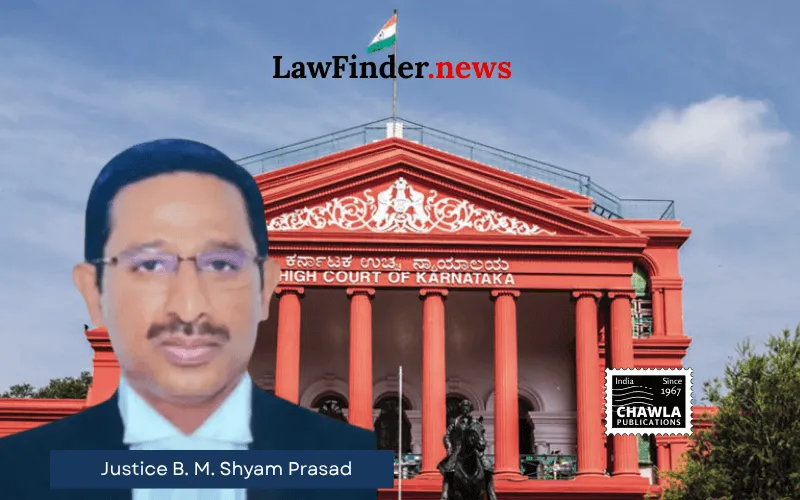Balancing Judicial Caution and Justice
A recent judgment in "Chirag Sen v. State of Karnataka" deals with the issue of quashing criminal proceedings when allegations amount to an abuse of the court's process. The Supreme Court of India, in this case, outlines several key principles that guide the court's duty in such circumstances.
Duty of the Court:
1. Preventing Abuse of Process: The court has a responsibility to intervene at the threshold to prevent the misuse of judicial processes. This is especially true when a criminal proceeding appears to be motivated by ulterior motives or to settle personal scores, rather than genuine legal grievances. The judgment emphasizes that allowing such proceedings to continue would amount to an abuse of process, as seen in Paragraph 17, where the court notes that the case falls under exceptional circumstances warranting interference to prevent abuse.
2. Examination of Prima Facie Case: The court must assess whether the allegations disclose a prima facie case that justifies further proceedings. In this case, the court found that the allegations were inherently improbable and lacked prima facie evidence, thereby constituting an abuse of process. The allegations did not meet the essential ingredients required for the offences under Sections 420, 468, or 471 of the Indian Penal Code, as detailed in Paragraph 22.
3. Consideration of Previous Administrative Findings: If allegations have been previously examined and dismissed by competent authorities, this may weigh against the continuation of criminal proceedings. The judgment points out that the matter had been thoroughly investigated by bodies like the Sports Authority of India and the Central Vigilance Commission, which found no grounds to proceed. As noted in Paragraph 21, reopening such settled issues without new evidence is indicative of malicious intent.
4. Protection Against Harassment: The court must ensure that criminal law is not used as a tool for harassment. In Paragraph 22, it is highlighted that the criminal process should not be misused to achieve collateral objectives. The Supreme Court has consistently warned against the weaponization of criminal proceedings, as reiterated in cases like "Pepsi Foods Ltd. v. Special Judicial Magistrate."
5. Balancing Judicial Caution and Justice: While courts must exercise caution in quashing proceedings, they are equally obliged to act against manifest injustice. The judgment references "State of Haryana v. Bhajan Lal," underscoring that courts should prevent proceedings instituted with the intent to wreak vengeance (Paragraph 20).
Conclusion:
The Supreme Court's judgment underscores the court's duty to prevent the misuse of criminal proceedings when allegations lack substance and are motivated by ulterior motives. The principles laid out in the judgment provide a framework for courts to assess whether proceedings constitute an abuse of process and to protect individuals from unwarranted legal harassment. The appeals were allowed, and the proceedings against the appellants were quashed, reflecting the court's commitment to upholding justice and preventing abuse of the legal process.
Chirag Sen v. State of Karnataka, (SC) : Law Finder Doc Id # 2755588




